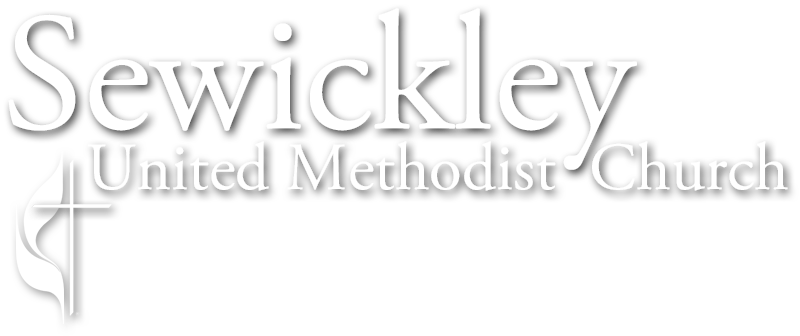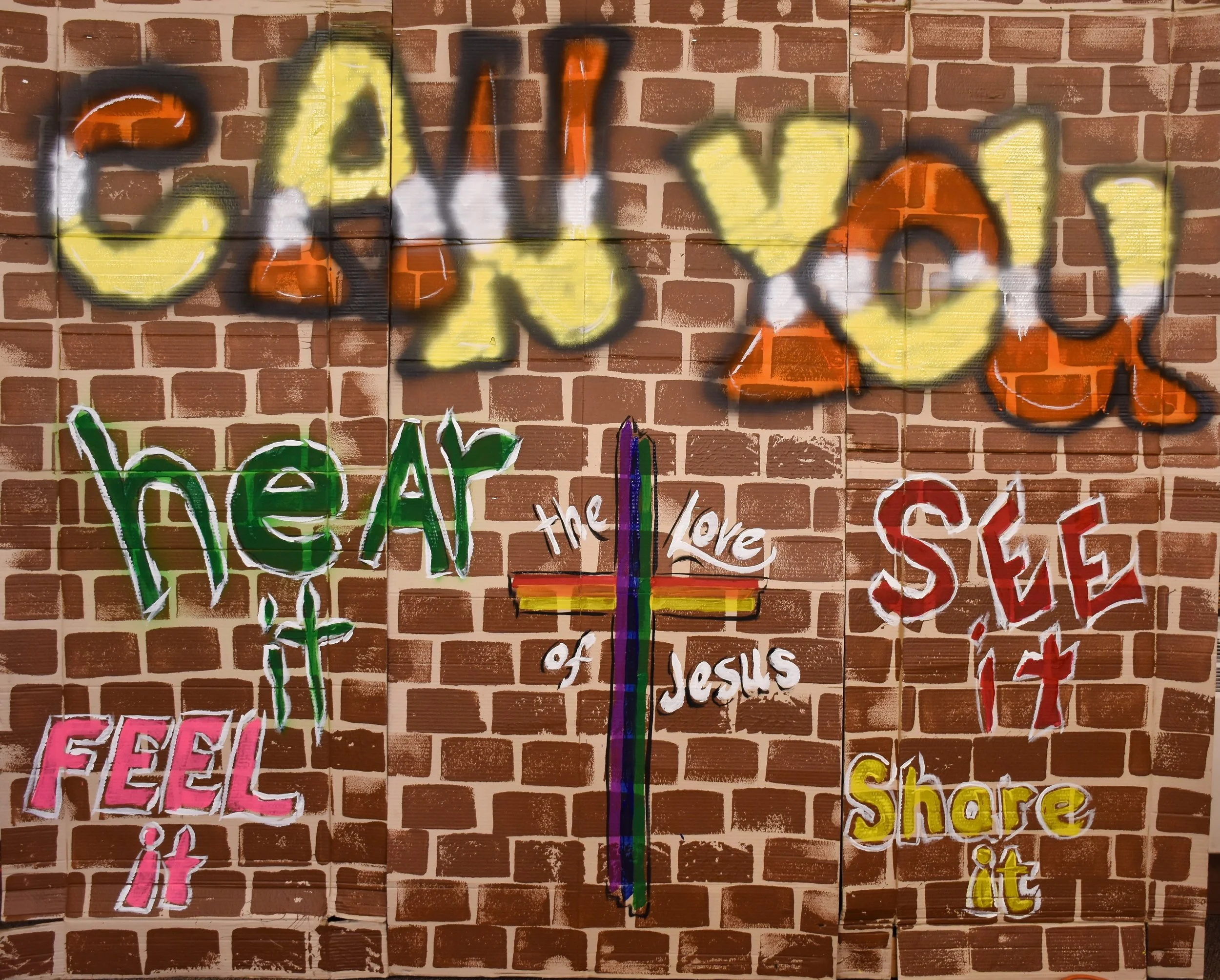Michael, autistic, non-verbal, always accompanied by an aide or a family member, was part of my first Sunday school class. We were together for several years in the early 2000s.
I was always in my classroom early, and Mike’s parents would bring him early so we could share some quiet time together. Often, Mike brought books, and I would read to him. The Berenstein Bears were among his favorites.
I loved Mike, and I think he enjoyed his time with us. He returned every week with a smile, happy to be with a room full of boys.
In thinking of Michael this week, I made an embarrassing realization. I never made an effort to see what Mike needed or if there was anything a Sunday school teacher could do to better engage with autistic children. I didn’t move to make myself more aware. Could I make my classroom more comfortable for him? Could I introduce activities that would serve his strengths and likes? Could I be more aware of his sensory triggers and the paths to restoring his peace?
I remembered my experience with Michael after our recent week of VBS. It was a blessed week spent with beautiful children. I encountered two children in neurodiverse moments, and I realized, 20 years after Michael, I am still unprepared.
In the first moment, I turned toward a friend who is an autistic adult and received direction that enhanced my experience and, I believe, the child’s experience.
In the second moment, I missed some signs that a child was struggling. And I aggravated the situation when I didn’t communicate directions broadly and clearly. And we had a difficult moment. It was easily remedied, and peace was restored, but it could have been avoided. In conversations with my autistic friend—who is among the most caring, sharing, insightful, faithful people I know—I realized that a little more awareness on my part could have prevented an uncomfortable moment.
Let’s center our September sunset prayer on the neurodiverse among us and ask for God’s light on paths to connect and appreciate and celebrate them in new ways.
On September 1, as the sun sets around 7:52 p.m., from wherever you may be, with whoever wants to join you, let’s pray into nerurodiversity in our communities.
Lord, help us see the neurodiverse more clearly. Help us to hear them. Help us to include them in new ways. Help us to be more aware of their strengths and needs, their joys and challenges. Lord, help us be more aware of their families and friends, their needs and challenges. Lord, help us who connect with them at church, at school, in our communities, in our families. Lord, help me. I am trying. Before VBS, I took an online course called “Autism and the church.” I listened to parents of autistic children. I read the texts. I’ve started conversations with people at church who can help me.
I found this, an imagined conversation between a child and the adults in their life, in “Ten things every child with autism wishes you knew” by Ellen Notbohm:
“With your support and guidance, the possibilities are broader than you might think. I promise you—I am worth it. And, finally, three words: patience, patience, patience. Work to view my autism as a different ability rather than a disability. Look past what you may see as limitations and see the gifts autism has given me. It may be true that I am not good at eye-contact or conversation, but have you noticed that I don’t lie, cheat at games, tattle on classmates, or pass judgement on other people? It’s also true that I probably won’t be the next Michael Jordan. But with my attention to fine detail and capacity for extraordinary focus, I might be the next Einstein. Or Mozart. Or Van Gogh. They had autism, too. … All that I might become won’t happen without you as my foundation. Be my advocate, be my friend, and we’ll see just how far I can go.”

